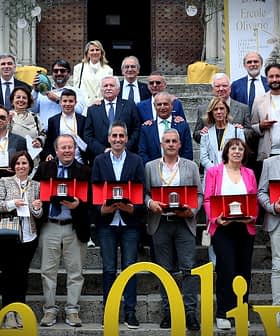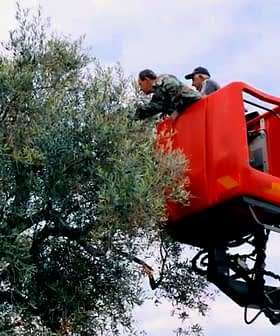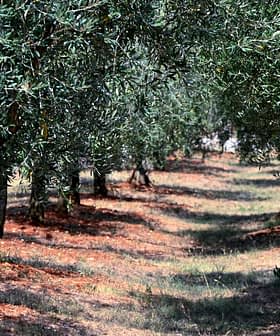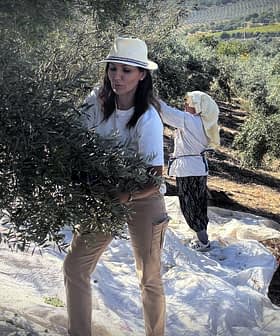One-Third of Olive Oils Sold in Canada Don't Meet Quality Standards
Lab tests have revealed that one-third of olive oils for sale in Canada do not meet quality standards, according to a report citing chemical analyses by the Canadian Food Inspection Agency
A Canadian television show revealed that one-third of olive oils in Canada do not meet quality standards set by the International Olive Council, with chemical analyses showing adulteration and mislabeling. Brands like Caruso by ItalCan and Villa Toscanella by Simon & Nolan were among those found to be non-compliant, but the Canadian Food Inspection Agency does not have the resources to retest the products.
A Canadian television show has reported that one-third of olive oils for sale in Canada don’t meet the quality standards set by the International Olive Council (IOC).
The television show, L’epicerie, which is broadcast by the French language service of the Canadian Broadcasting Corporation (CBC), ran the segment in March on olive oil quality.
Researchers for the program obtained information available to consumers under the Access to Information Act on the results of chemical analyses of olive oil samples conducted by the Canadian Food Inspection Agency (CFIA) in Ottawa, the Canadian capital.
After pouring over 1,000 pages of documents, they learned that 33 percent of samples analyzed by the CFIA did not meet quality standards due to adulteration or mislabeling.
The official lab reports disclosed that large amounts of other types of vegetable oils were detected in samples. During the show, a scientist from the inspection agency confirmed that a lab analysis of olive oil samples showed that they contained traces of sunflower oil.
Other samples that were not in conformance with international standards had been adulterated with other vegetable oils like canola and wrongly labeled as extra virgin olive oil, or were found to be rancid or past their sell-by date. Some of the adulterated brands exposed on the show included Caruso by ItalCan, and Villa Toscanella by Simon & Nolan.
Over a period of ten years, the CFIA tested 550 olive oil samples from 140 different brands, with 44 brands found to fall short of quality standards. CFIA’s laboratory is the only one in Canada certified by the IOC to conduct olive oil analyses.
The names of food products not meeting quality standards are published on Health Canada’s website, and the companies at fault were given a deadline to rectify the problem and comply with requirements or risk penalty. But unfortunately, the CFIA does not have the resources to retest the products that were deemed to fall short of standards.









